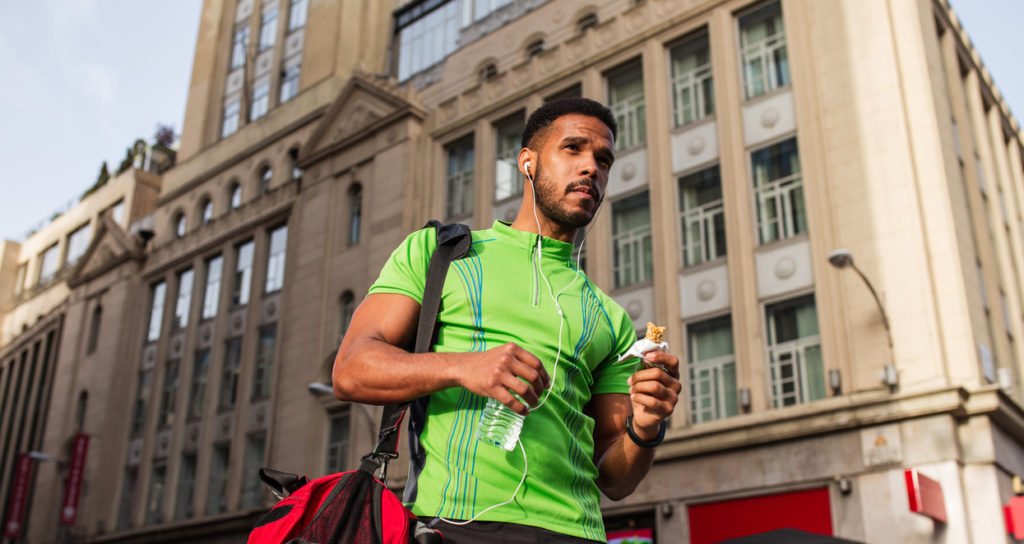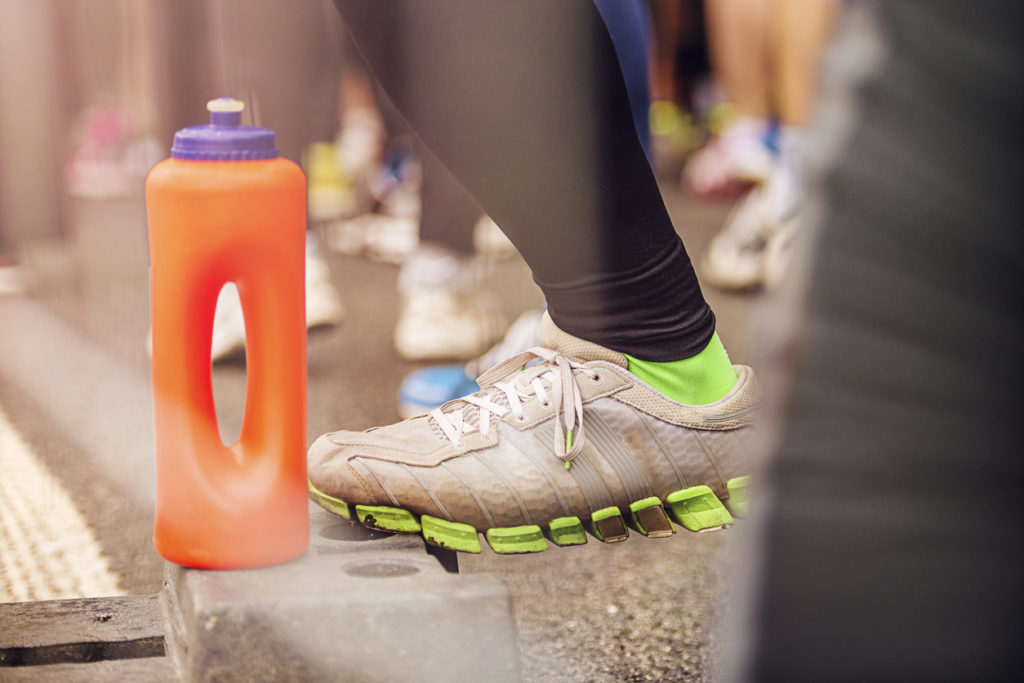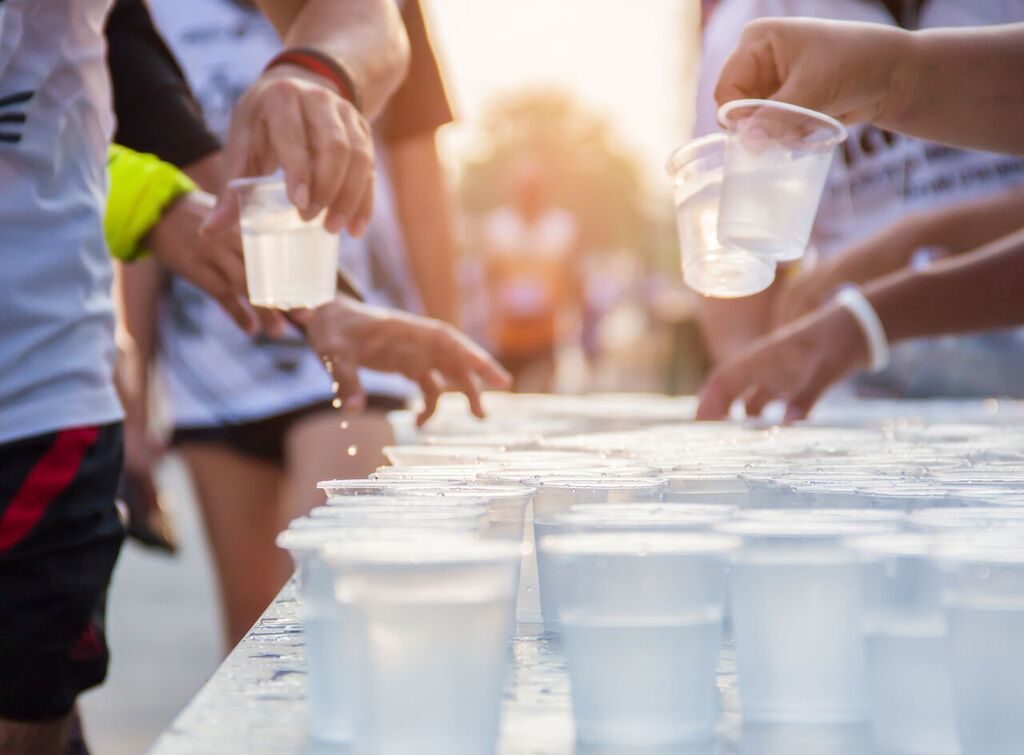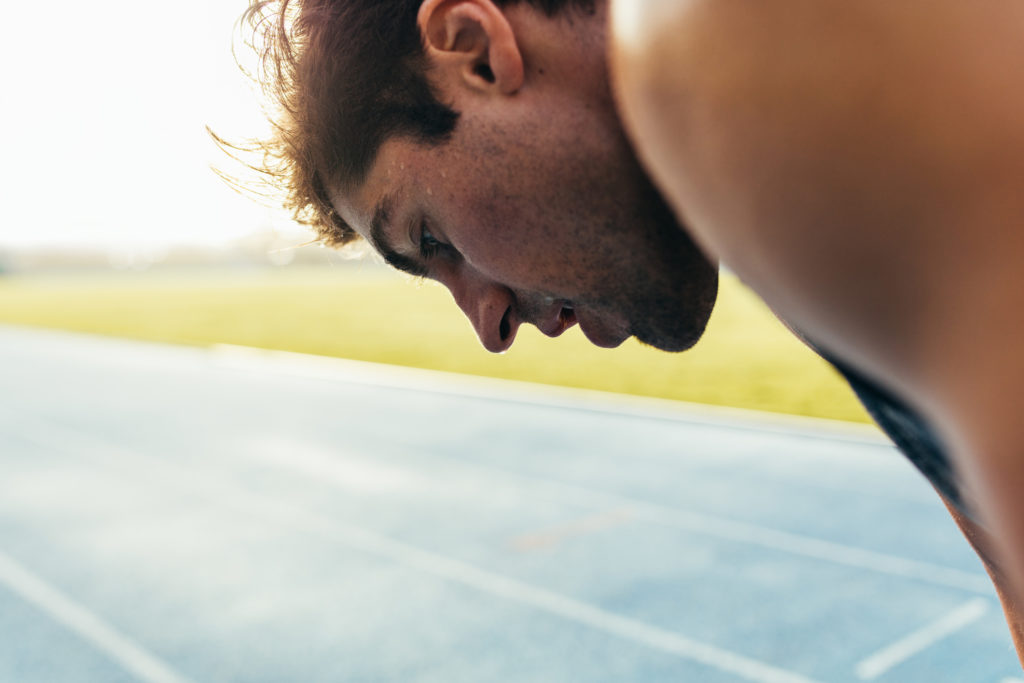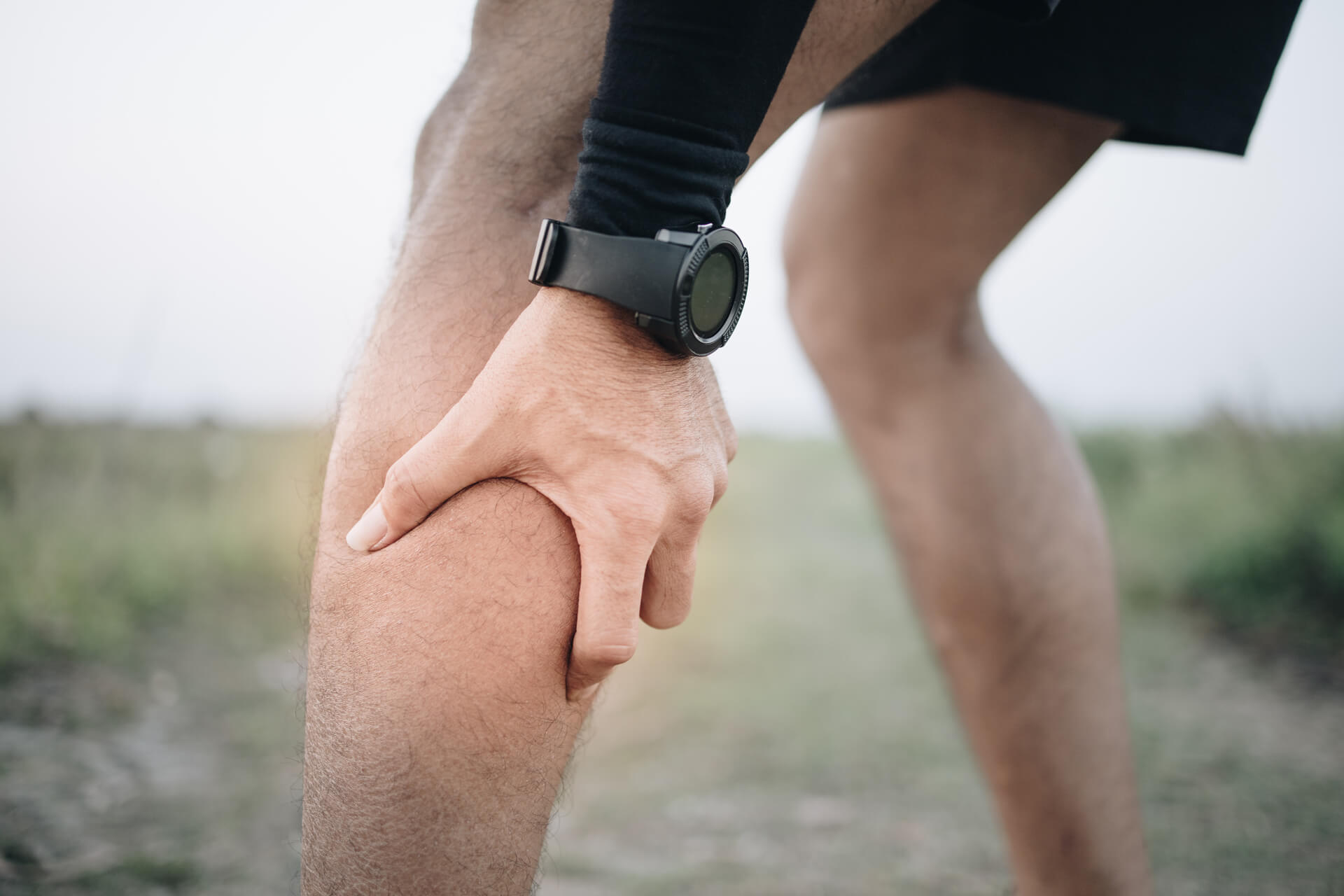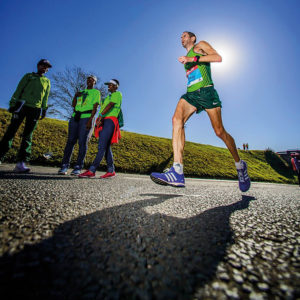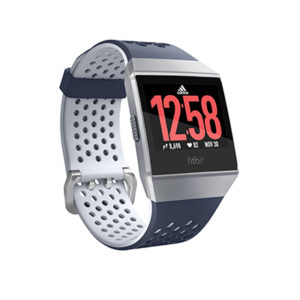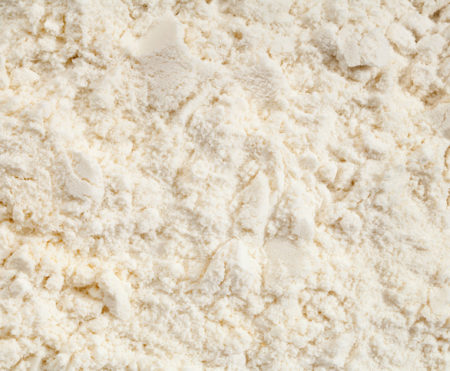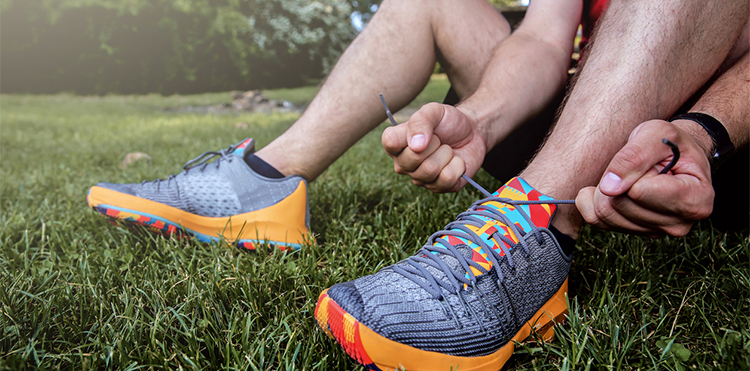As Dave Bedford famously proved in 1981, when he ran the London Marathon after a night of drinking and a cheeky curry, it is possible to get through a marathon without carefully planning your meals and hydration strategy before-hand. However – as evidenced by Bedford throwing up halfway around the course – a little forward planning goes a long way.
If you want to give yourself the best possible chance of a PB for your 26.2 a sound nutrition strategy is a must. Observe these golden rules to avoid any nutrition mishaps on race-day…
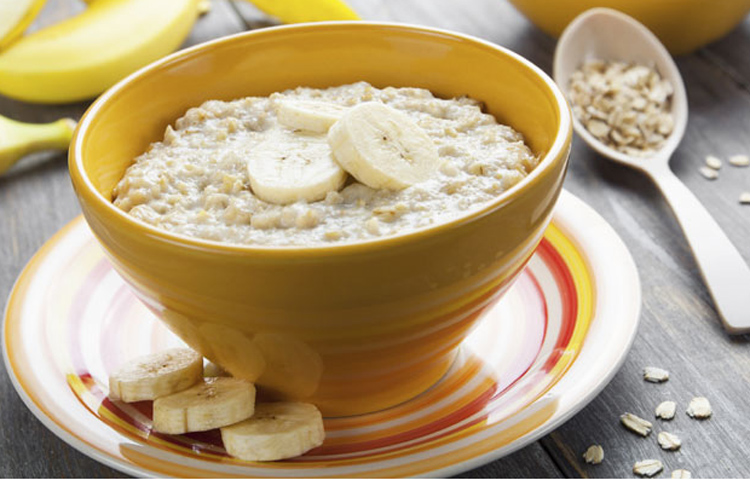
1 Breakfast
On the morning of your marathon, the most important thing to remember is to not try anything new. Have a breakfast that you have practised with in training before long runs. This breakfast is likely to be high in carbohydrate with some protein and a little fat. For example, a good breakfast would be porridge or toast with banana and nut butter, but pre-race breakfasts will vary greatly from one person to another.
Also make sure that you drink enough water. You should be aiming to drink about 500ml of water at least one hour before the start. Make sure you leave enough time to get in the toilet queue as well! Be mindful of coffee intake in the morning of the marathon as this too can affect digestion. Unless you have practised with caffeine in training, it may be advisable to avoid it altogether.
2 Avoid External Influences
In the build-up to the race, try to be careful of race day promotions and external influences. It is not uncommon for brands to hand out free samples of energy products or foods – try to be careful. If you haven’t had it before, you don’t know how your body will cope with it. Avoid the temptation and stick with your plan, whatever that may be.
Similarly, don’t be put off by what other runners are doing. If you see someone gulp down 500ml of energy drink, don’t feel as if you need to do exactly the same. Every runner is different and every runner will have a plan so don’t stress about what ‘the right thing to do’ is.
3 Stick to your plan
During the run, remember to take on fuel when you need it according to your plan and remind yourself that this is what worked for you in practice. This should help to minimise any adverse side effects. When you take on fuel, remember to wash it down with some water, not energy drink. Using energy drink will only increase the sugar content in your stomach and may cause digestion problems. Similarly, ensure you remain hydrated and sip on water frequently throughout the race. However, try not to gulp down too much water as this can be dangerous and can leave you feeling very bloated and heavy.
4 Listen to your body
Although it is likely you will have a fueling plan in place, do listen to your body and make sure you respond to how you feel. If you feel like you could be hitting the wall, try to take in some carbohydrates as soon as you can. Symptoms include heavy legs, weakness and confusion, and it is a serious form of fatigue. If this happens, look out for people handing food or gels out along the way. This may not be in your fueling plan, but if you get to a point of serious fatigue it is better to get some nutrients in to try and carry you through the race.
Similarly, try not to let yourself get to a point where you feel really thirsty. There will be plenty of water stations along the way so try to drink as soon as you feel a bit thirsty.
Charlotte Kennedy is a sports nutritionist at Etixx. For more information on Etixx sports nutrition, visit www.etixxsports.com

